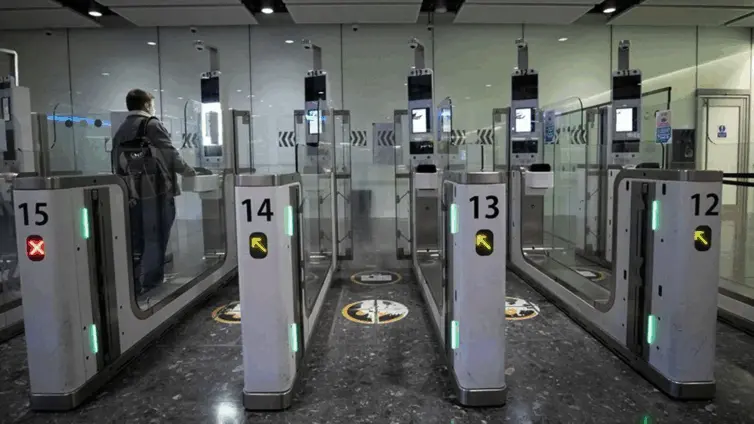The headline reads: “Airbnb Crackdown in Spain Faces Summer Tourism Backlash.” As Spain braces for another influx of summer tourists, tensions are escalating between the government and Airbnb over a surge in unlicensed rental properties. The Spanish government is taking decisive action against Airbnb, citing numerous violations of tourist accommodation regulations, setting the stage for a heated confrontation as peak season approaches. The situation surrounding Airbnb Spain is becoming increasingly complex as the government cracks down on listings, sparking debates about over-tourism and its impact on local communities.
According to the Spanish government, a significant number of Airbnb listings, nearly 66,000, have breached regulations designed to govern tourist accommodations. Minister Pablo Bustinduy stated that these listings “violated various norms regarding housing for tourist use.” This crackdown follows a Madrid court ruling ordering the removal of 4,984 properties from the platform.
The regions most affected by this regulatory enforcement include Madrid, Andalusia, Catalonia, Valencia, the Basque Country, and the Balearic Islands. The ministry’s concerns center on several key violations: listings lacking proper license numbers, those displaying erroneous numbers, and failures to adequately specify the legal status of the property owner, whether they are operating as a professional or a private individual.
The government’s actions come amid growing public outcry against over-tourism. In the Canary Islands, recent protests highlighted the strain on local resources and infrastructure, with demonstrators carrying signs declaring, “Canaries have a limit.” Similar demonstrations are planned for Majorca, organized by groups such as *Menys Turisme, Més Vida* (Less tourism, more life), reflecting a broader sentiment of discontent across Spain.
Housing has become a major concern for many Spaniards, fueled by soaring rental costs. Average rental prices have reportedly doubled in the last decade, while salaries have stagnated. Tourist apartments are increasingly seen as a significant contributor to this problem, effectively depriving locals of much-needed housing options. The sentiment is that short-term rentals are prioritizing tourist accommodation over residential needs.
Prime Minister Pedro Sánchez has acknowledged the severity of the issue, stating that “there are too many Airbnbs and not enough homes.” He has promised to prevent the “uncontrolled” expansion of tourist properties, signaling a commitment to addressing the housing crisis and reining in the growth of short-term rentals.
Airbnb is contesting the government’s actions and intends to appeal the decisions, arguing that there is no concrete evidence of widespread rule-breaking. The company points to a 2022 Spanish Supreme Court ruling that places the responsibility for listing information on the hosts themselves, not on Airbnb.
An Airbnb spokesperson commented on the housing crisis, stating, “The root cause of the affordable housing crisis in Spain is a lack of supply to meet demand.” The company maintains that regulating Airbnb negatively impacts local families who rely on the platform for supplemental income.
Faced with similar challenges, some cities are exploring alternative approaches. Barcelona, for instance, plans to eliminate 10,000 short-term tourist apartments by 2028, taking a stricter stance on regulating the sector. In contrast, Airbnb has established collaborative agreements with local authorities in the Canary Islands, Ibiza, and Murcia to ensure compliance with tourist rental rules, suggesting a willingness to work with regulators in some regions.
In summary, the crackdown on Airbnb Spain is unfolding against a backdrop of intensifying over-tourism protests and a pressing housing crisis. Conflicting perspectives between the government and Airbnb underscore the complexities of the issue. The future of Airbnb Spain and the broader tourism industry in the country hangs in the balance, as authorities grapple with how to balance economic benefits with the needs of local residents. Share your thoughts in the comments below.
Image Source: MYJOYONLINE





















